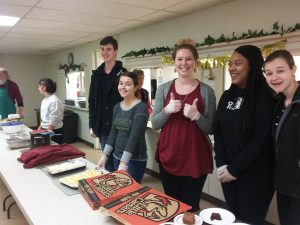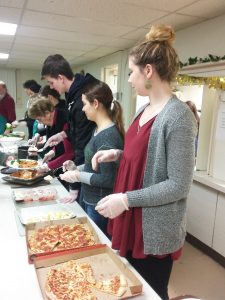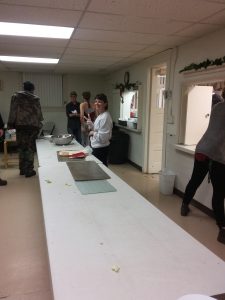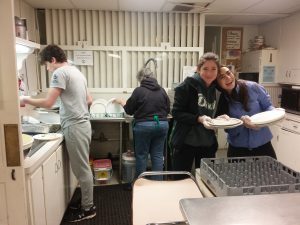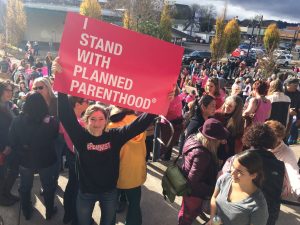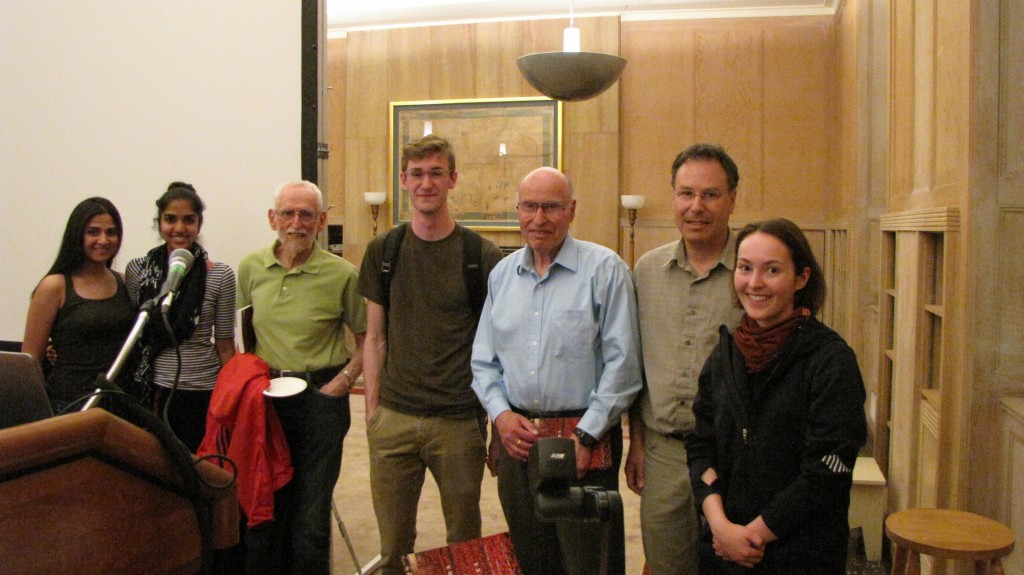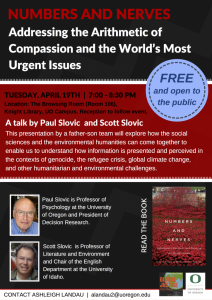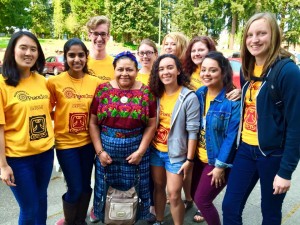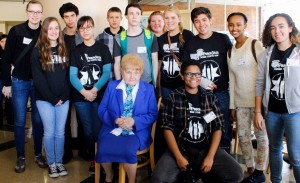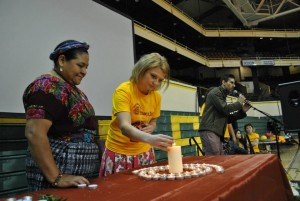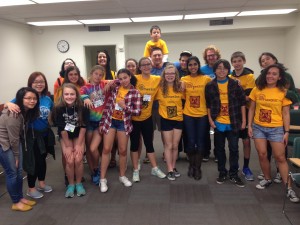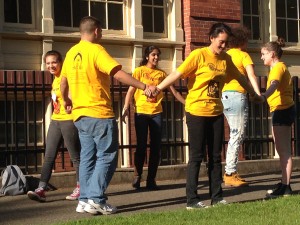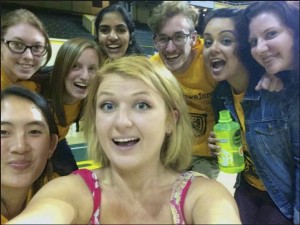For the first time this year, Carnegies opted out of ritual Carson dinner and went to Ebbert United Methodist Church to help with the Wednesday night “Community Meal” dinner service. It was a great success and a fun way to get out in the community and really do some good. We helped prep, serve, and clean, giving a little break to the dedicated team of volunteers. Several Carnegies also mingled with the people who we were feeding, as there is a coffee half-hour prior to food service. Actually sitting down and talking with people who are homeless or food insecure was an eye-opening experience. These are people in our community, some of whom we recognized from around campus! Humanizing people by hearing their stories was humbling and inspiring. It diversifies the way we see people who are marginalized in our society.
All together, we served meals to 95 people, many of whom rely on this service to get their dinner and would otherwise be struggling to feed themselves and their family. Speaking to the organizers and Pastor, I could tell our energy and youthful faces were much appreciated by both the guests and the volunteers alike.
At the University, it is often easy to forget about the homelessness problem that plagues Eugene and Springfield. But this is a very real situation and there are many in our local community who need our help.
It was great experience to speak to the guests and hear their stories. To see what this service does for them and realize how privileged we are to never have to worry about where our next meal is coming from was something that stayed with all of us.
I look forward to going back soon!
“Volunteering with my friends and CGO members at the Ebbert United Methodist Church soup kitchen in Eugene was an awesome experience. It was great to be able to help and interact with people who are so often overlooked and avoided in our society. The atmosphere was warm and inviting and I am happy to say I had a lot of fun and I look forward to going back and being a part of it again.”
-Katrina Schmidt, ‘20
“Feeding the homeless is something I have always wanted to do, and having the opportunity to do it in a new community was an amazing experience. I felt that I was giving back to the Eugene/Springfield community, which had opened its doors to me as an out of state UO student. I hope to do the same once I return home.”
-BriAnna Greene, ‘20
Ebbert United Methodist Church provides meals Monday mornings (8-11 am), sack lunches Tuesday and Thursday (8-1) and the dinner service Wednesdays (5:30, doors open at 4:30)
If you are interested in getting involved or have any questions, you can email the church at ebbert2@comcast.net or call 541-746-3513.
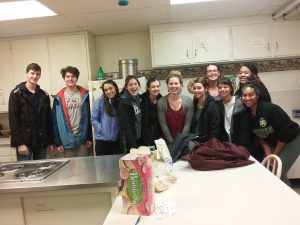
The whole crew (minus Emily, who is working on a project with the church and had to go to the meeting!)
